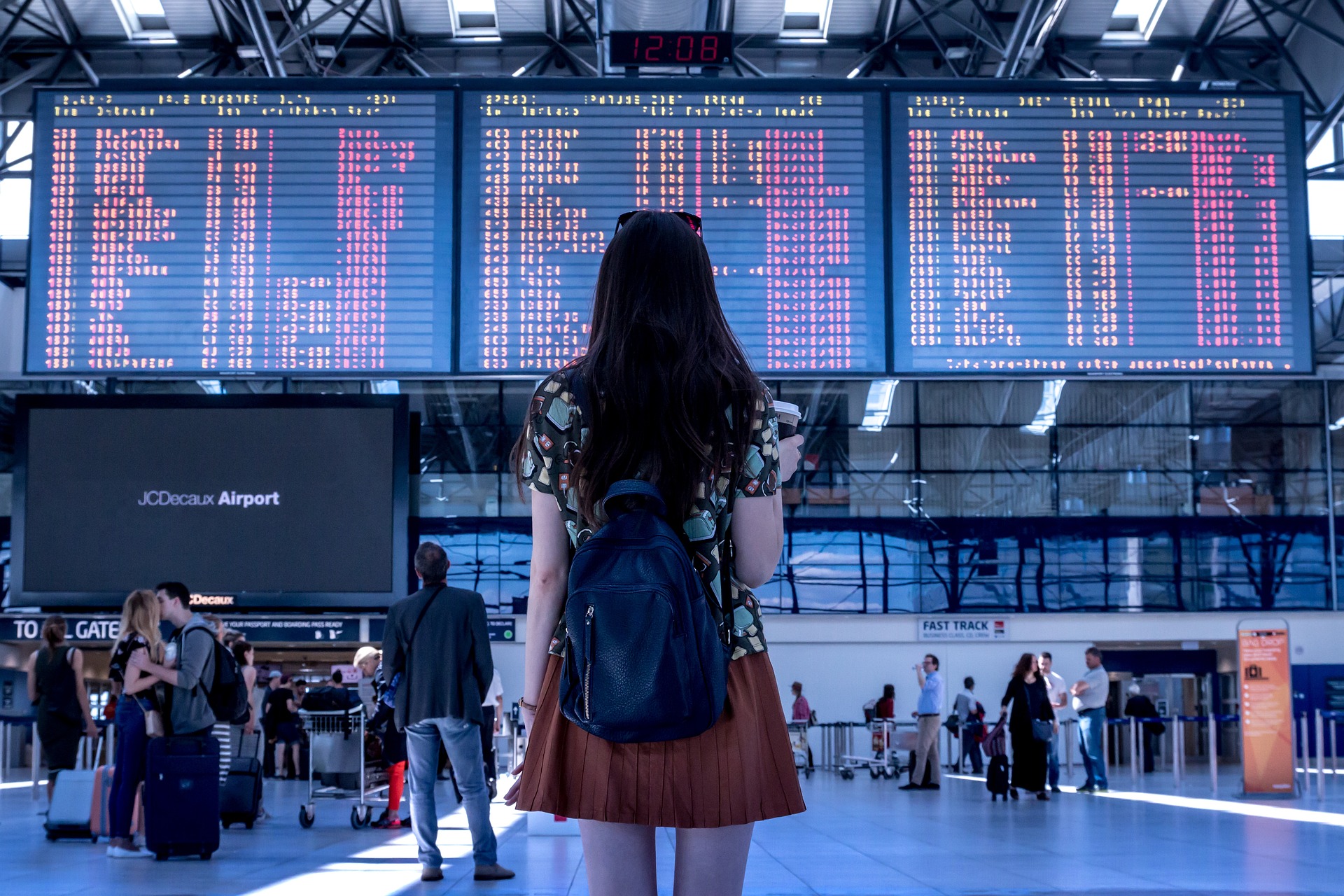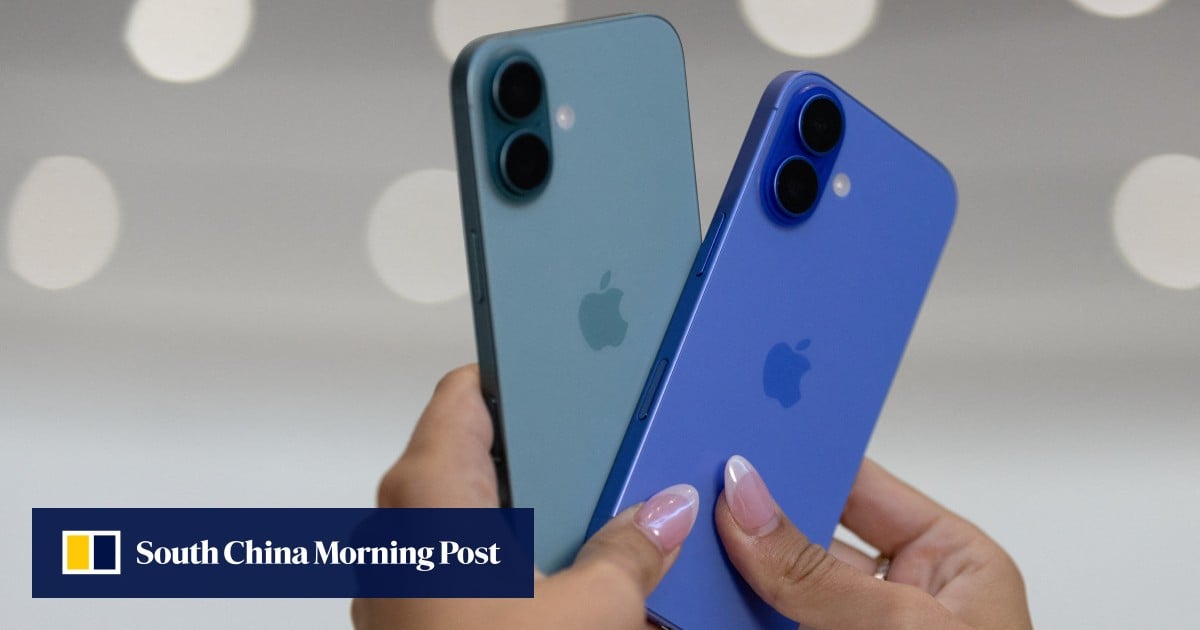A frequent traveller, Jill Schildhouse encountered her first entry issues during a recent trip to Vietnam. She was denied entry due to a common visa oversight.
Following a 33-hour journey from Phoenix to Dallas to Tokyo and finally to Ho Chi Minh City, Vietnam, Business Insider‘s Jill Schildhouse was exhausted but exhilarated to arrive. It had been six months since her last visit to the country, and she was eager to explore new cities within the country’s stunning landscapes.
After disembarking, Jill Schildhouse proceeded to passport control, presenting her passport and a printout of the visa she had applied for and received approximately six weeks prior. As she approached the counter, she handed over her documents, expecting the customary stamp of approval.
However, the immigration officer returned them and said, “Denied.” Schildhouse, having travelled to 46 countries without encountering any prior entry difficulties, needed clarification.
After navigating the airport and waiting in queues, she found an employee who agreed to review her documents and explain the issue. It turned out that the two papers did not match: Schildhouse’s middle name was included on her passport but not on her visa.
A Minor Oversight Results In Major Inconvenience
Schildhouse was astonished that such a minor error could have such significant consequences. Visa applications can only be accepted if the name on the application matches the passport name, and she had overlooked this discrepancy.
The employee informed her of two options: returning to Japan, her previous destination, or paying for a “very, very expensive” emergency visa. Schildhouse knew returning to Japan was not feasible, as she was scheduled to embark on a river cruise from Vietnam in less than twelve hours. So, she opted for the emergency visa.
Much to her relief, the new visa would cost $130, as she had anticipated a much higher fee. However, her anxiety resurfaced when she presented her credit card and was informed that only cash was accepted.
After rummaging through her bag, she located some $20 bills. Following a tense wait, she obtained her new visa and was free to proceed.
Valuable Travel Lessons Learned
Schildhouse remains perplexed about how her visa application was initially approved, given that she had to submit a passport photo. However, she has learned the importance of meticulous attention to detail.
She later realised why she had forgotten to include her middle name: the electronic visa application did not have a designated field for it.
The form mentioned “Given name” and “Surname.” As she was accustomed to separate fields for first and middle names on applications, Schildhouse did not include her middle name in the same section.
Henceforth, Schildhouse says she will remember that names on a passport and visa must correspond precisely, including every detail, even if the application does not request it in the anticipated format.
She is grateful that she could continue her trip and will never travel again without carrying cash for emergencies. “Cash is still king in most places, and I’m lucky this mistake only cost me a few bills and a few hours,” she noted.
While Schildhouse’s experience was a valuable lesson, there are several other common mistakes that travellers can avoid to ensure a smooth visa application process.
Common Visa Application Mistakes To Avoid
Based on insights from Travelisa experts, the following are six common mistakes to avoid when applying for a visa.
1. Documentation Mistakes
Incomplete or inaccurate documentation is a frequent cause of visa application rejection. Carefully review and submit all required documents, ensuring they accurately reflect your background and travel plans.
2. Application Timelines
Ignoring application timelines can lead to stress and missed opportunities. To avoid unnecessary complications, submit your application well within the recommended timeframe.
3. Not Providing Accurate Information
Providing false information can lead to severe consequences. Be honest and transparent about your travel history, intentions, and personal details, and provide supporting documentation. Embassies and consulates verify information, and inconsistencies may result in a negative outcome.
4. Ignoring Visa Requirement
Overlooking minor details can lead to visa application rejection. Adhere to photo specifications, provide sufficient financial proof, and obtain all necessary supporting documents. Research the specific visa requirements for your destination and follow them meticulously.
5. Avoiding To Double-Check Application Details
Even small errors can lead to visa application rejection. Carefully review all details, including names, dates of birth, passport numbers, and other information, for accuracy. This helps prevent unnecessary delays or rejections.
6. Not Applying For The Right Visa
Applying for the wrong visa type can lead to complications. Understand the purpose of your visit and choose the appropriate visa category that aligns with your intentions and activities.
To avoid visa rejection, carefully review and fulfil all requirements. For instance, the UK Home Office recently implemented a new visa rule. Effective March 2024, British citizens and their foreign partners must demonstrate combined annual earnings of at least £38,700 to relocate to the UK. Individuals who do not meet this income threshold will not be eligible for visa approval.
Careful attention to detail, adherence to guidelines, and a proactive approach are essential for successful visa applications. By avoiding these common mistakes, you can increase your chances of approval and confidently embark on your travel adventures.







